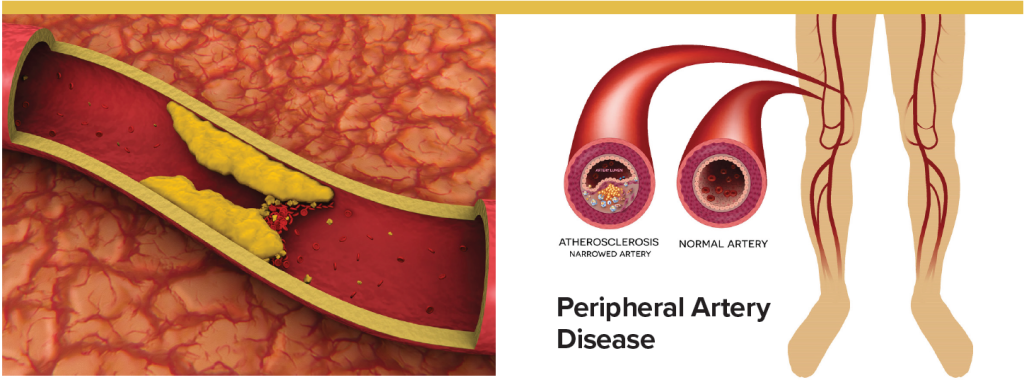Gain control through knowledge
Cholesterol is a waxy, fat-like substance found in every cell of your body. Your body needs cholesterol to make important things such as hormones, vitamin D, and bile acids that help you digest food. Cholesterol is made naturally in the liver, but it’s also found in certain foods we eat— especially animal products like meat, eggs, and dairy [1].
Why do we have cholesterol?
Despite its bad reputation, cholesterol serves essential purposes:
- Building cell membranes – Cholesterol is part of the “walls” that protect your cells.
- Making hormones – Such as estrogen, testosterone, and cortisol.
- Producing vitamin D – Important for bone health, immunity, and more.
- Aiding digestion – Cholesterol helps your liver produce bile, which breaks down fats [2].
Your body actually makes all the cholesterol it needs. The problem arises when levels in the blood become too high.
What are the two main types of cholesterol?
Cholesterol travels in your blood attached to proteins called
lipoproteins. The two main types are:
LDL (Low-Density Lipoprotein) – Often called “bad” cholesterol. High levels can lead to plaque buildup in your arteries.
- HDL (High-Density Lipoprotein) – Known as “good” cholesterol. HDL helps remove extra cholesterol from your blood and takes it back to the liver for disposal [3].
Why is too much cholesterol harmful?
When there’s too much LDL cholesterol in your blood, it can combine with other substances to form plaque—a thick, hard deposit that narrows your arteries. This process, called atherosclerosis, can reduce or block blood flow, increasing the risk for:
- Heart attack
- Stroke
- Peripheral artery disease [4]
Why should you know your numbers?
Knowing your cholesterol numbers is important because high cholesterol often has no symptoms but can silently increase your risk for heart attack, stroke, and other serious
health problems. Regular testing allows you and your doctor to take action early to protect your heart and overall health.
A lipid panel measures:
Total cholesterol
- LDL cholesterol
- HDL cholesterol
- Triglycerides (another type of fat in the blood)

For most adults, recommended goals are:
• Total cholesterol: Less than 200 mg/dL
• LDL cholesterol: Less than 100 mg/dL (or lower if at high heart risk)
• HDL cholesterol: 40 mg/dL or higher for men, 50 mg/dL or higher for women
• Triglycerides: Less than 150 mg/dL [5]
Ways to control your cholesterol.
- Eat a Heart-Healthy Diet
• Choose fruits, vegetables, whole grains, and lean proteins.
• Limit saturated fats (found in red meat, butter, full-fat dairy) and avoid trans fats (often in fried or processed foods).
• Include healthy fats like olive oil, nuts, and fatty fish rich in omega-3s [6].
- Be Physically Active
Aim for at least 150 minutes of moderate exercise each week. Regular activity can raise HDL (good) cholesterol and lower LDL (bad) cholesterol [7]. - Maintain a Healthy Weight
Even a small weight loss (5–10% of your body weight) can improve cholesterol numbers. - Quit Smoking
Smoking lowers HDL cholesterol and damages your arteries, making plaque buildup more dangerous. - Limit Alcohol
Too much alcohol can increase cholesterol and triglyceride levels. If you drink, do so in moderation. - Take Medications if Needed
If lifestyle changes aren’t enough, your doctor may prescribe statins or other cholesterol-lowering medicines.
Other important things to know.
• Cholesterol levels can change over time—even if they’ve been normal before, it’s wise to have them checked regularly.
• Family history matters—high cholesterol can be inherited, a condition known as familial hypercholesterolemia.
• Cholesterol is just one part of heart health—blood pressure, blood sugar, and lifestyle habits also play a role.
Bottom Line: Cholesterol isn’t the enemy—it’s a necessary part of your body. But too much, especially LDL cholesterol, can be harmful. The good news is that healthy lifestyle choices, routine checkups, and early treatment can help keep your numbers in a safe range and protect your heart
©2025ProgressiveHealth
References
1. National Library of Medicine. “Cholesterol.” MedlinePlus, 2024.
2. National Heart, Lung, and Blood Institute. “Cholesterol: What It Is and Why It Matters.” 2023.
3. American Heart Association. “LDL and HDL Cholesterol.” 2024.
4. Centers for Disease Control and Prevention (CDC). “High Cholesterol Facts.” 2024.
5. Mayo Clinic. “Cholesterol levels by age: What’s healthy?” 2023.
6. Harvard T.H. Chan School of Public Health. “Fats and Cholesterol.” 2024.
7. Cleveland Clinic. “Exercise and Cholesterol.” 2024.

